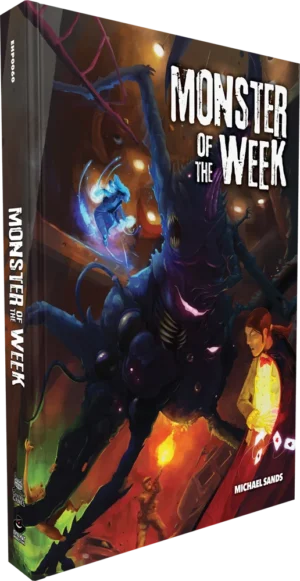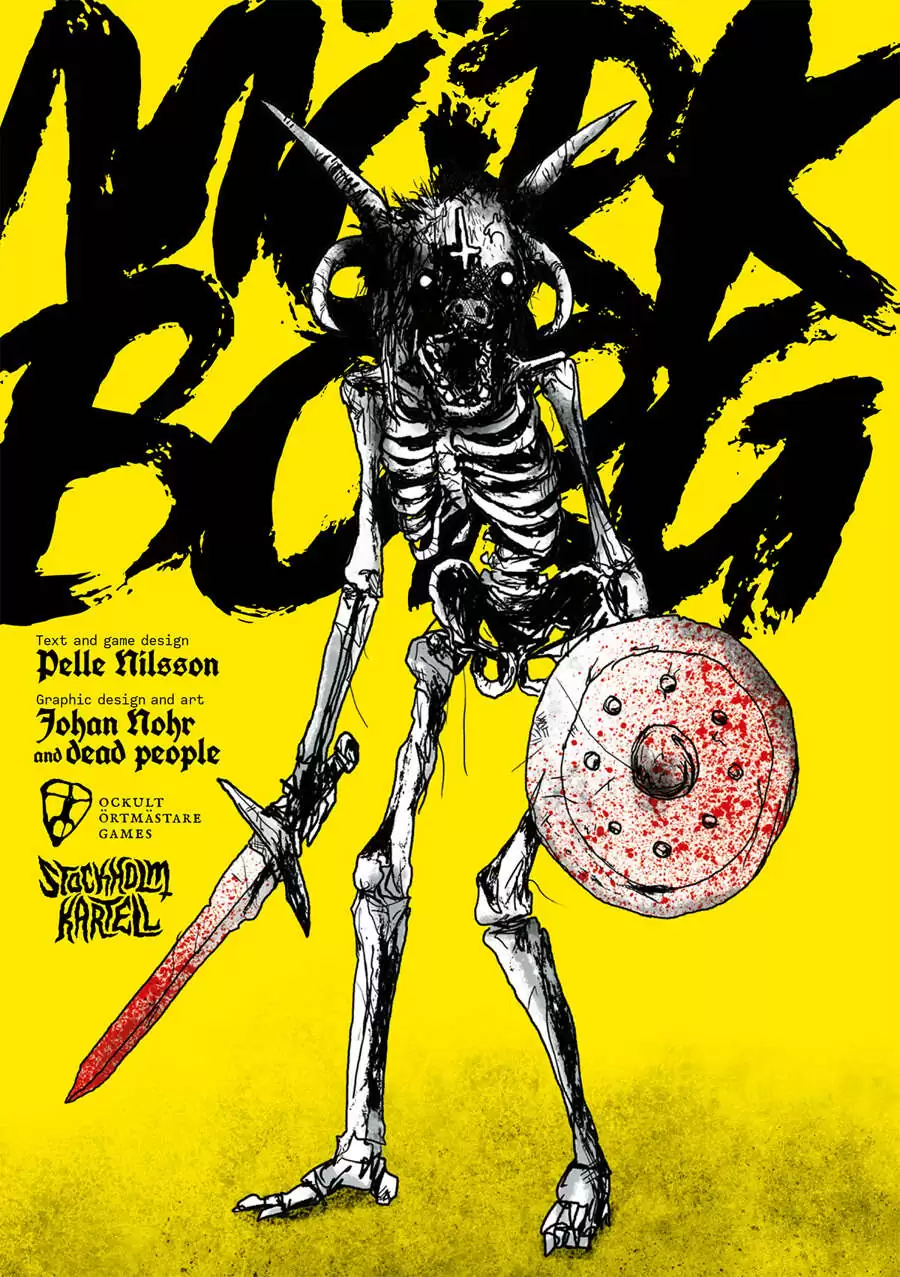Curseborne Dark Fantasy; Bleak; Psychological; Narrative-Driven; Resource Management; Survival; Exploration-Driven
Curseborne is an upcoming urban horror tabletop roleplaying game (TTRPG) by Onyx Path Publishing, built on the Storypath Ultra system. It promises a shadowy urban setting filled with mysteries, legends, romance, and betrayal. The game focuses on contemporary problems intertwined with ancient terrors, offering a unique experience centered around playing characters from various monster lineages. Key aspects include its distinct horror themes, flexible character options, and modernized mechanics, aiming to fill the void left by the potential conclusion of Chronicles of Darkness. The game aims to provide both a familiar and fresh take on the urban fantasy genre, appealing to fans of horror and TTRPGs.
Theme and Setting
Curseborne is set in a shadowy urban environment blending modern-day issues with ancient horrors. The game aims to evoke various urban horror subgenres, including creepypasta, paranormal romance, found footage, and urban legends. The setting is designed to be contemporary and relatable, grounding the fantastical elements in a recognizable world. It emphasizes mysteries, legends, romance, and betrayal, suggesting a focus on narrative complexity and character-driven stories. The game leverages a modern world setting, incorporating contemporary problems alongside ancient terrors.
Core Mechanics and Rules
Curseborne utilizes the Storypath Ultra system, Onyx Path's acclaimed d10 dice pool system. This system is designed to be streamlined and versatile, allowing for customization to fit various game settings and styles. While specific mechanics details are scarce, the system likely involves rolling a pool of ten-sided dice and achieving a certain number of successes based on character attributes and skills. This provides a framework for resolving conflicts, performing actions, and interacting with the game world. Previews of the Storypath Ultra system are available for review, offering further insights into the ruleset's functionality. The game provides rules for modern magic and horror-themed powers, expanding character options and gameplay possibilities.
What Makes It Unique
Curseborne distinguishes itself through several key features. It offers thirty-plus playable character options separated into different monster types, referred to as Lineages. These Lineages can be played in single or mixed groups, promoting diverse character dynamics and story possibilities. The game emphasizes its horror themes, providing information on how to evoke different urban horror genres. Furthermore, it presents modern magic and horror-themed powers. This blend of familiar and novel elements aims to create a unique and engaging experience, differentiating it from existing urban fantasy RPGs. The game also seems to be focusing on cursed places and items, such as foggy towns or cursed trains, as important elements.
Target Audience and Player Experience
Curseborne targets fans of urban horror, tabletop roleplaying games, and the World of Darkness/Chronicles of Darkness series. The game seeks to capture a similar atmosphere to these games while offering a distinct and modernized experience. Players can expect a game that balances horror, mystery, and character-driven storytelling. The wide array of playable Lineages and the flexibility of the Storypath Ultra system suggest a game that caters to diverse playstyles and preferences. The inclusion of romance and betrayal as core themes indicates a focus on dramatic and emotionally engaging narratives. Overall, Curseborne aims to provide a compelling and immersive experience for players who enjoy exploring the darker side of the modern world through the lens of supernatural horror. Some players see it as a spiritual successor to Chronicles of Darkness.



